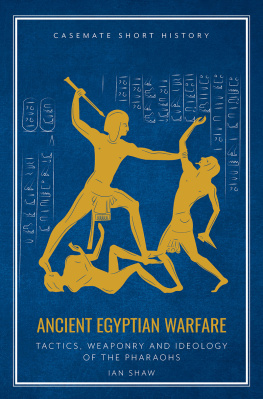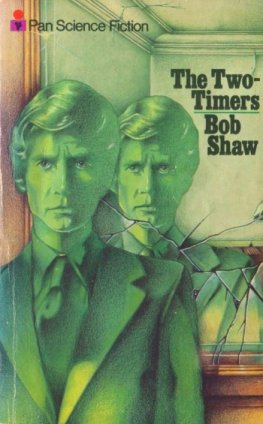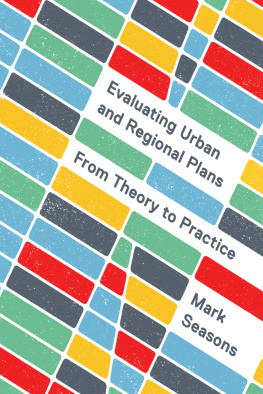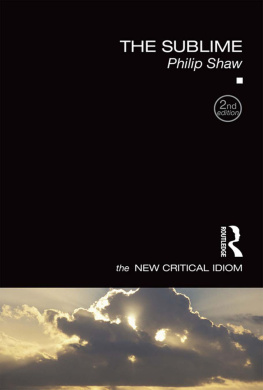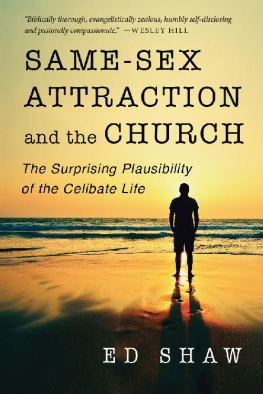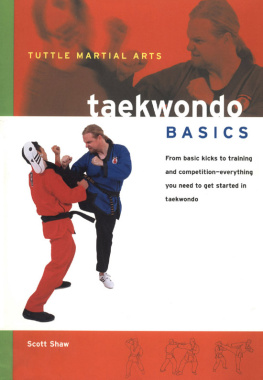Ian Shaw - Evaluating in Practice
Here you can read online Ian Shaw - Evaluating in Practice full text of the book (entire story) in english for free. Download pdf and epub, get meaning, cover and reviews about this ebook. year: 2018, publisher: Routledge, genre: Politics. Description of the work, (preface) as well as reviews are available. Best literature library LitArk.com created for fans of good reading and offers a wide selection of genres:
Romance novel
Science fiction
Adventure
Detective
Science
History
Home and family
Prose
Art
Politics
Computer
Non-fiction
Religion
Business
Children
Humor
Choose a favorite category and find really read worthwhile books. Enjoy immersion in the world of imagination, feel the emotions of the characters or learn something new for yourself, make an fascinating discovery.

Evaluating in Practice: summary, description and annotation
We offer to read an annotation, description, summary or preface (depends on what the author of the book "Evaluating in Practice" wrote himself). If you haven't found the necessary information about the book — write in the comments, we will try to find it.
Ian Shaw: author's other books
Who wrote Evaluating in Practice? Find out the surname, the name of the author of the book and a list of all author's works by series.
Evaluating in Practice — read online for free the complete book (whole text) full work
Below is the text of the book, divided by pages. System saving the place of the last page read, allows you to conveniently read the book "Evaluating in Practice" online for free, without having to search again every time where you left off. Put a bookmark, and you can go to the page where you finished reading at any time.
Font size:
Interval:
Bookmark:

William, Eleanor, Cerys and Moses
University of York, UK

2 Park Square, Milton Park, Abingdon, Oxon OX14 4RN
711 Third Avenue, New York, NY 10017, USA
Product or corporate names may be trademarks or registered trademarks, and are used only for identification and explanation without intent to infringe.
Shaw, Ian, 1945
Evaluating in practice. - 2nd ed.
1. Social workersRating ofGreat Britain. 2. Social serviceGreat Britain
Evaluation.
I. Title
361'.00684dc22
Shaw, Ian, 1945
Evaluating in practice / by Ian Shaw. 2nd ed.
p. cm.
Includes bibliographical references and index.
Rev. ed. of: Evaluating in practice. 1996.
ISBN 978-0-7546-7857-1 (hbk) ISBN 978-0-7546-7858-8 (pbk) 1. Social workers
Rating ofGreat Britain. 2. Social workersSelf-rating ofGreat Britain. 3. Social
serviceGreat BritainEvaluation. I. Title.
HV40.8.G7S53 2011
361.0068'4dc22
ISBN 9780754678588 (pbk)
March 2011
A P Watt Ltd on behalf of Graham Swift for permission to use the quotation from graham Swifts novel, Waterland .
Bloomsbury Publishing and Curtis Brown, for the extract from Margaret Atwoods novel Robber Bride .
Curtis Brown Ltd., London on behalf of the Estate of Malcolm Bradbury for the extract from Malcolm Bradburys novel, The History Man , published by Martin Secker and Warburg Ltd
Permission from Little, Brown Book Group to quote an extract from Gilead by Marilynne Robinson, published by virago. Also Farrar, Straus and Giroux, holders of USA and Canada rights.
Random House and United Agents for permission to quote Dannie Abses poem Song for Pythagorus from his New and Collected Poems published by Hutchinson.
Easy Rider Music for extracts from the songs Love Minus Zero/No Limit and Ballad of a Thin Man by Bob Dylan.
Finally, the drawings in are reproduced with the kind permission of Dr Kerri Kearney, assistant Professor, Educational Leadership, at Oklahoma State University. The original colour versions of the drawings can be seen at http://education.okstate.edu/drawing-out-emotions.
what I was walling in or walling out,
And to whom I was like to give offence.
Font size:
Interval:
Bookmark:
Similar books «Evaluating in Practice»
Look at similar books to Evaluating in Practice. We have selected literature similar in name and meaning in the hope of providing readers with more options to find new, interesting, not yet read works.
Discussion, reviews of the book Evaluating in Practice and just readers' own opinions. Leave your comments, write what you think about the work, its meaning or the main characters. Specify what exactly you liked and what you didn't like, and why you think so.

